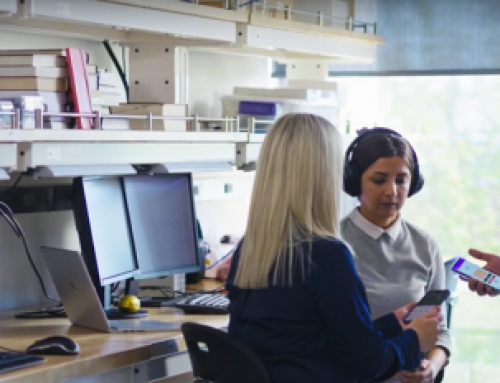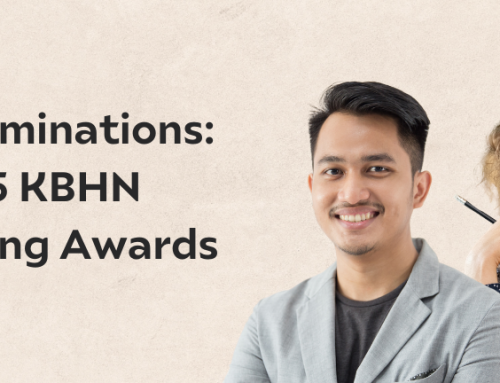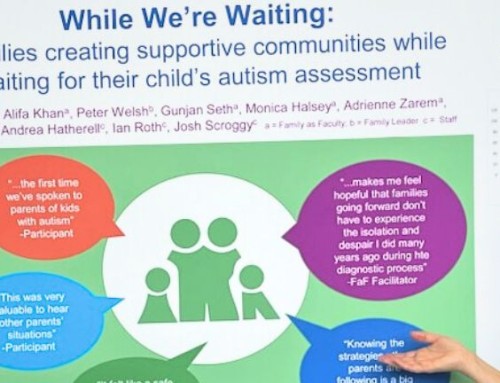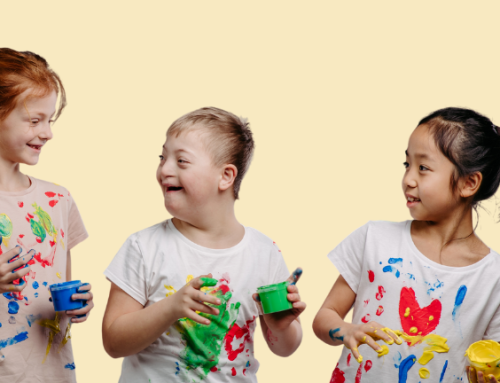When Kai was diagnosed with autism at the age of four, his parents Abby and Paul were surprised—aside from some speech challenges, nothing led them to suspect he was autistic. Unfamiliar with the diagnosis and unsure where to turn, Abby and Paul started to connect with supports in their community.
As Kai got older, it was difficult for him to interact with his peers and understand their social cues. When he was nine years old, Kerry’s Place Autism Services—a provider in Markham, Ont. that had been supporting him for years—notified the family about an opportunity to join a Secret Agent Society small group program, which was being evaluated as a KBHN-funded research project for autistic children struggling with social interactions and emotional regulation.
It felt like a perfect fit and Kai started the program in September 2020.
 |
When Kai enrolled in Secret Agent Society, he struggled with social norms like giving other people a chance to talk during a conversation and not engaging with his peers if they were talking about something he wasn’t interested in,” says Abby. “These are things that come naturally to many of us, but they didn’t to Kai, so he often felt frustrated in social situations.” |
Secret Agent Society (SAS) is a skill building program for children between the ages of 8 and 12. Through spy-themed games, participants learn to recognize emotions in themselves and in others and how to regulate these emotions. They also learn how to problem solve in social situations and develop a diverse social skill set needed to form friendships and excel at teamwork with various people.
During the pandemic and with support from KBHN, the 10-module SAS program was delivered entirely online to families across Toronto. Today, it is delivered both in-person and online across the greater Toronto and Ottawa areas.
 |
Research in Canada suggests that 70 per cent of children on the spectrum have emotional behavioural challenges. Secret Agent Society gives kids the tools to effectively let others know how they’re feeling, while also providing the opportunity to form friendships and connect with others who are facing similar challenges.”
~ Dr. Vivian Lee, KBHN researcher and Assistant Professor at Carleton University |
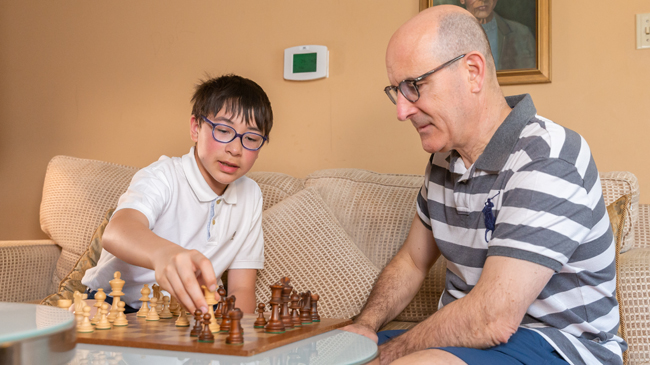
Participants—known as cadets—login each week and make their way through games, joining their peers to practice skills and learn new topics during cadet club meetings. For example, cadets collect relaxation gadgets such as an O2 regulator, a fun way of exploring slow breathing techniques which help with emotional regulation.
“Kai gained a lot of self-awareness through Secret Agent Society, like recognizing the physiological changes he experiences when he’s stressed or feeling anxious or uncomfortable,” says Abby. “He also learned techniques that helped him cope with these types of stressors.”
Now 12 years old, Kai enjoys many hobbies including skiing, playing softball and being a Rubik’s Cube wiz. SAS has had a long-lasting impact on Kai’s life, both in terms of the social and emotional skills he’s gained and the friendships he’s made.
“Secret Agent Society was a lifeline for us during the pandemic because it was something fun that Kai looked forward to,” says Abby. “He’s still friends with some of the boys he met through the program and I’m still friends with several of the moms. I think for both Kai and I, it’s great to have people around who understand us, who can share in our experiences and who we can really be ourselves around. In a lot of ways, Secret Agent Society gave us that community.”
Read more about the Secret Agent Society (SAS) Small Group Program




